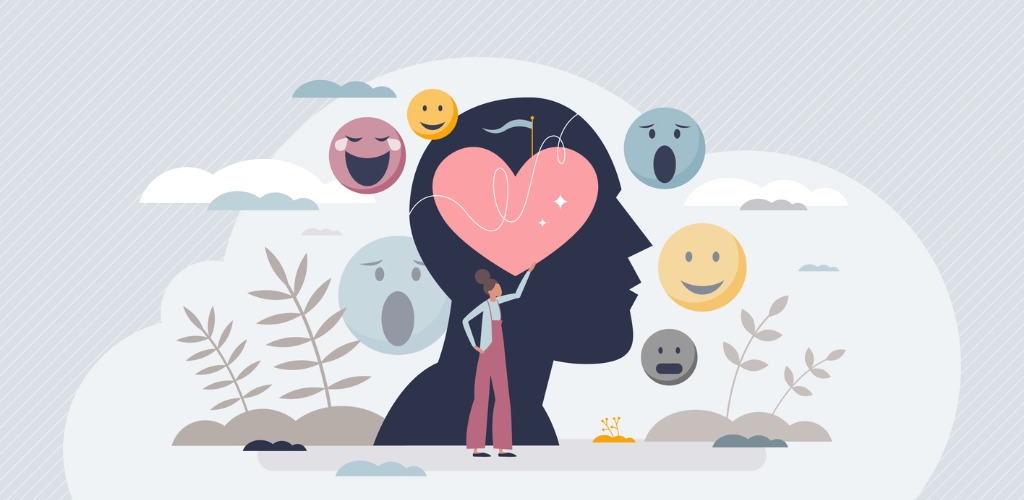
What Is Emotional Stress?
Emotional stress is a type of stress that affects your feelings, mood, and emotional responses. It’s the internal pressure you feel when you're overwhelmed by difficult emotions or struggling to cope with life events. While everyone experiences emotional ups and downs, emotional stress goes beyond the occasional bad day, it can impact how you think, feel, and interact with others.
Unlike physical stress, which is often easier to notice, this type of stress can be harder to identify because it builds quietly. Over time, if left unaddressed, it can begin to affect your mental health, relationships, and overall wellbeing.
Signs of Emotional Stress
It shows up in many different ways. You might feel:
- Anxious, worried, or constantly on edge
- Tearful, overwhelmed, or unusually emotional
- Irritable or short-tempered
- Low in self-esteem or lacking confidence
- Easily upset or withdrawn from others
- Struggling to cope with day-to-day demands
Some people may also experience mood swings, emotional numbness, or a sense of hopelessness. These signs can affect your work, relationships, and overall quality of life.
Common Causes of Emotional Stress
Causes often stems from situations that feel personal or deeply meaningful. Common triggers include:
- Relationship difficulties – including breakups, family conflict, or tension with friends
- Grief and loss – such as the death of a loved one or other major life changes
- Ongoing emotional tension – in the home, workplace, or within close relationships
- Uncertainty and change – like moving house, job insecurity, or big life transitions
- Internal pressure – including the expectation to keep everything together or not show vulnerability
Even positive changes like starting a new job or becoming a parent, can create emotional stress if they feel overwhelming.
How Emotional Stress Affects You
Prolonged emotional stress can lead to more serious mental health challenges if it's not recognised and addressed. It can contribute to conditions such as:
- Anxiety and panic attacks
- Depression or persistent low mood
- Sleep problems or emotional exhaustion
- Difficulty with decision-making or concentration
It may also affect your physical health by weakening the immune system, increasing blood pressure, or causing digestive issues.
Ways to Manage Emotional Stress
While emotional stress can feel intense, there are positive ways to manage and reduce it:
- Talk to someone – Share how you're feeling with a trusted friend, family member, or professional
- Set emotional boundaries – It's okay to say no and protect your emotional space
- Practice mindfulness or journaling – These tools can help you reflect and release your thoughts
- Engage in calming activities – like walking, creative hobbies, or listening to music
- Seek professional support – If you're struggling, talking to a counsellor or therapist can help
You’re not alone, this kind of stress is something many people experience. With the right support and coping tools, it is possible to feel more balanced, calm, and in control again.
Further Resources
Mind – Find Support
☎️ 0300 123 3393 | mind.org.uk
Information, support and helplines for stress, anxiety and mental health conditions.
Samaritans – Talk to Someone
☎️ 116 123 | samaritans.org
Free, 24-hour listening service for anyone struggling to cope.
